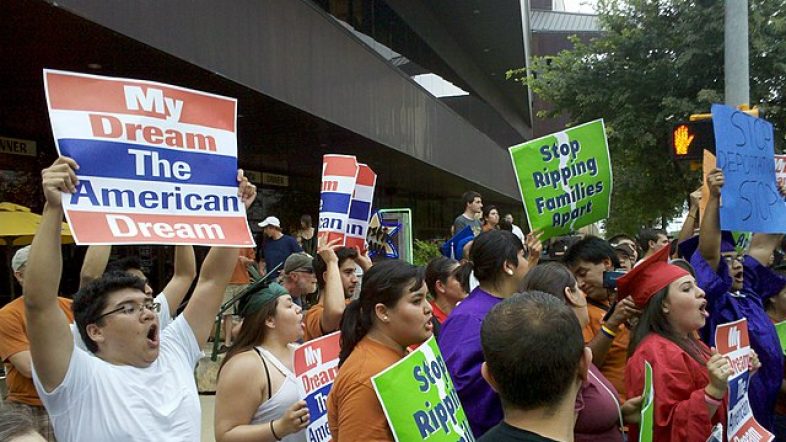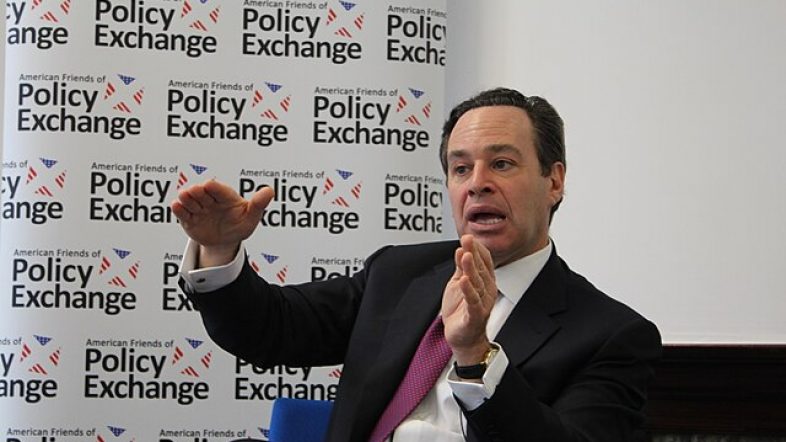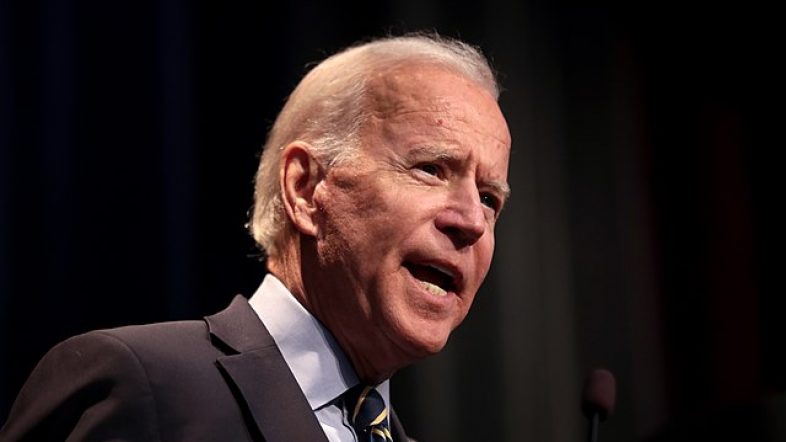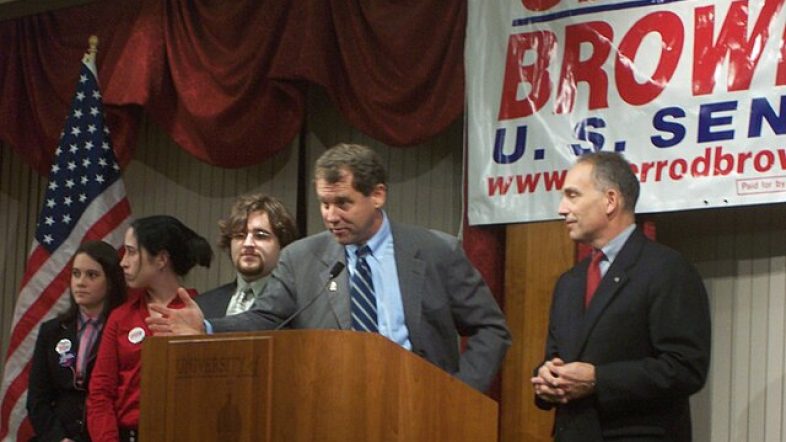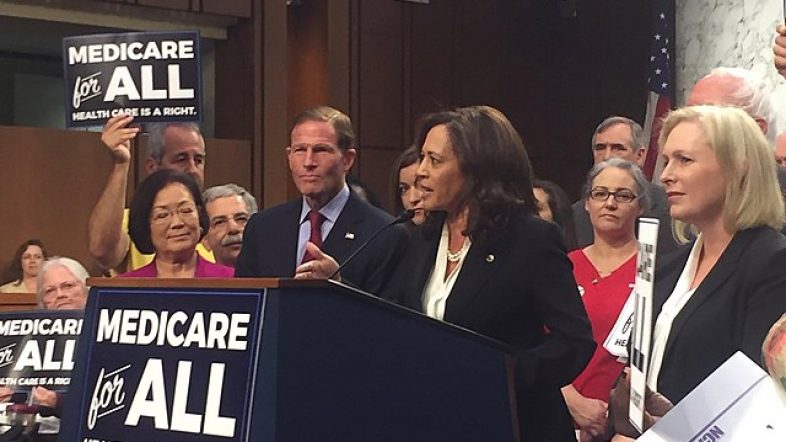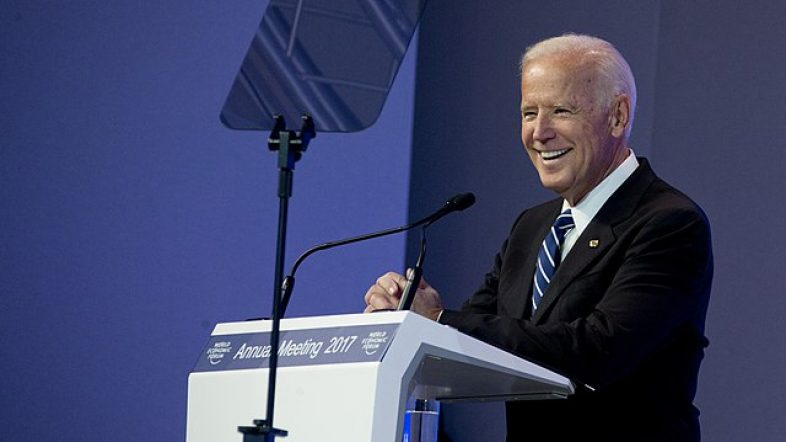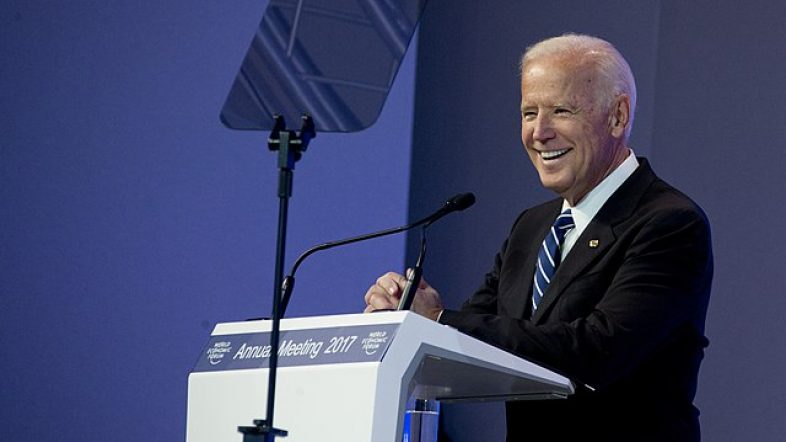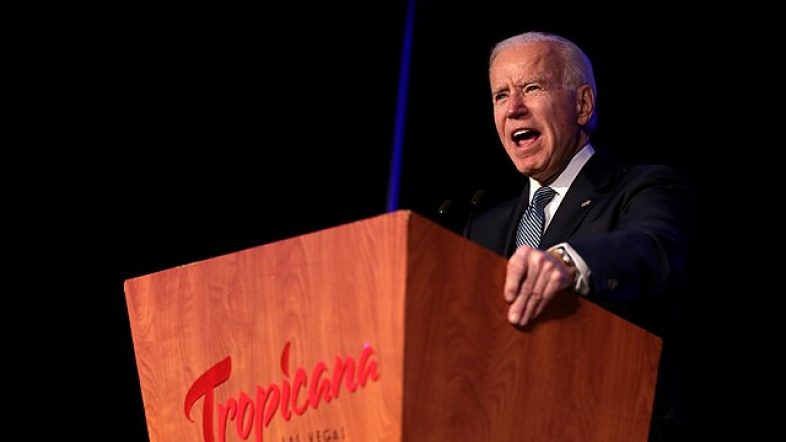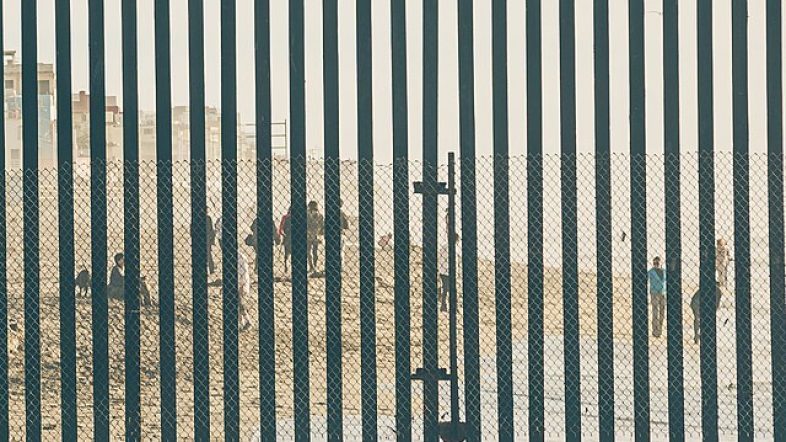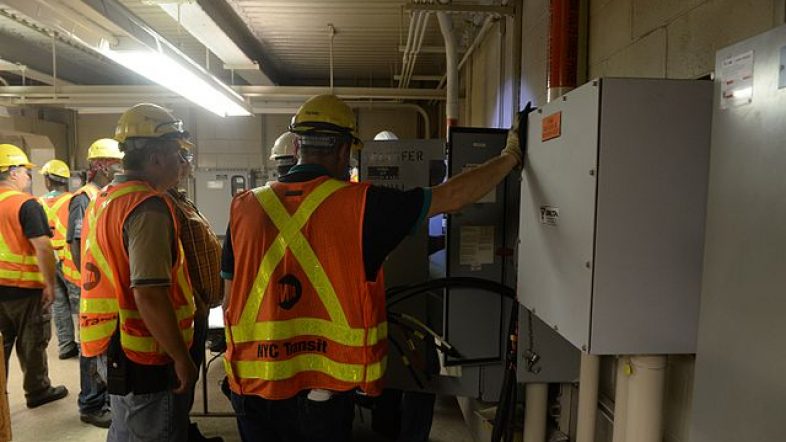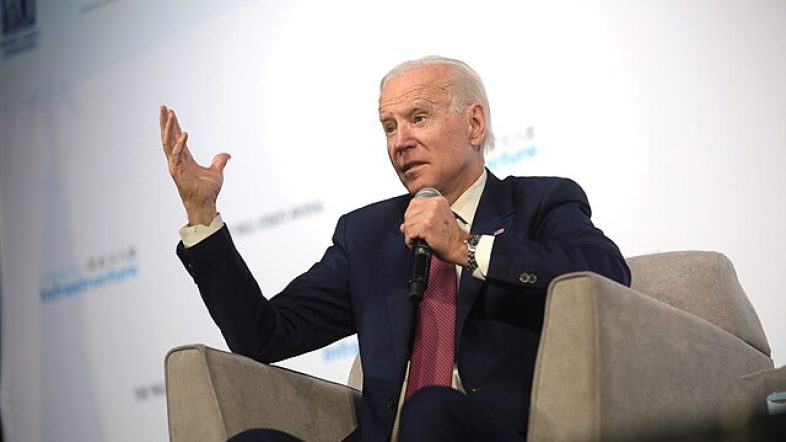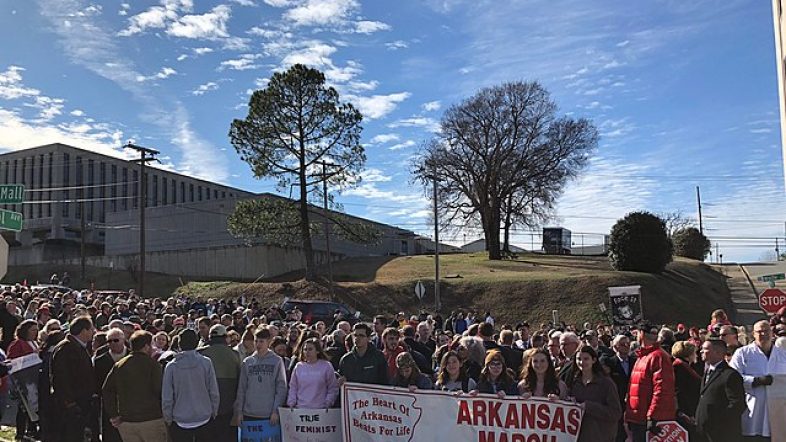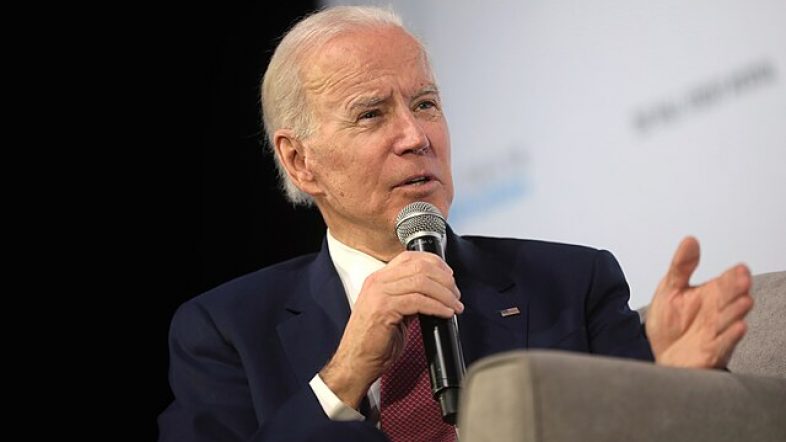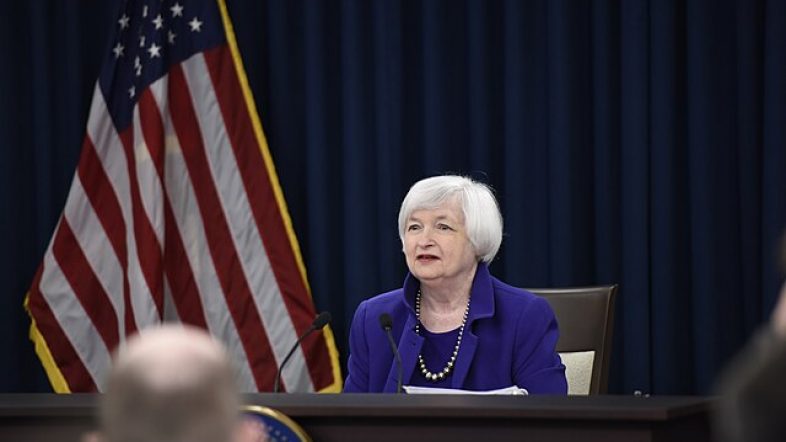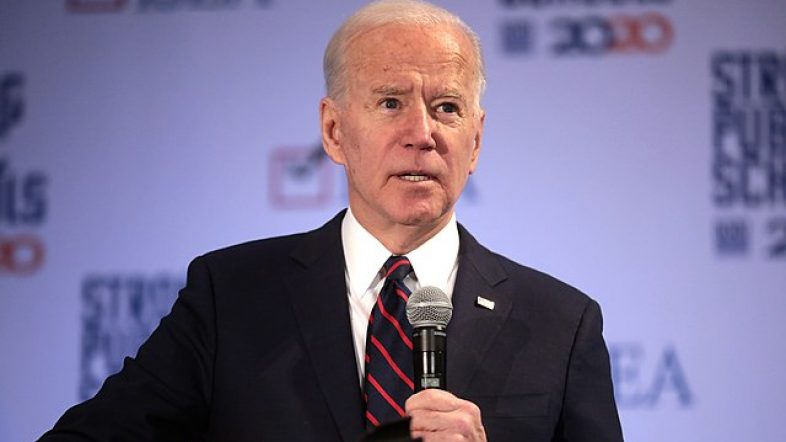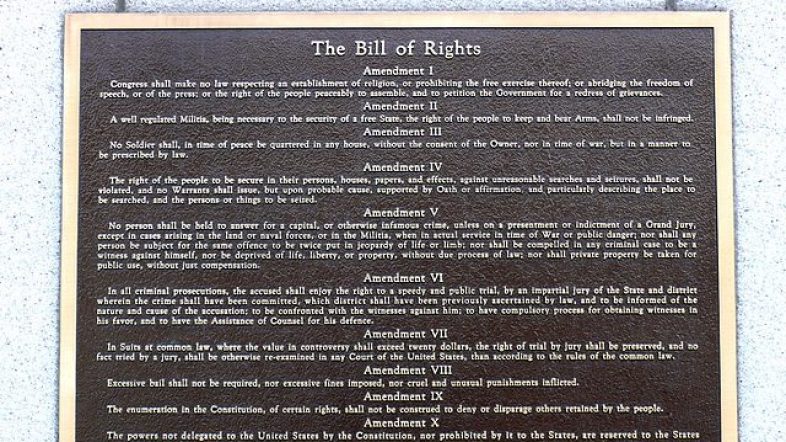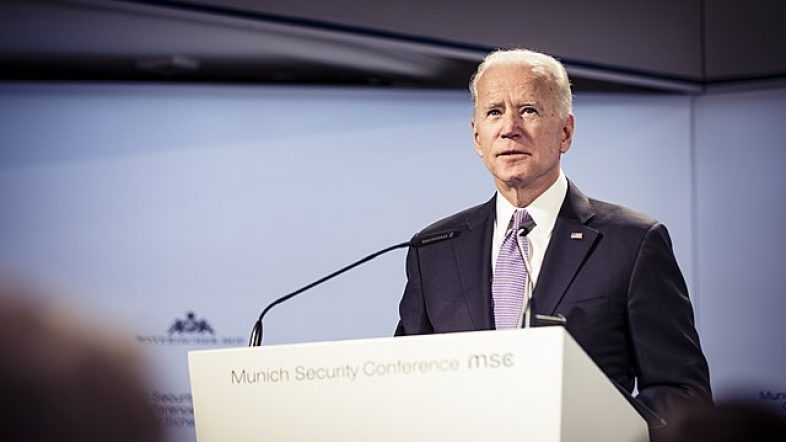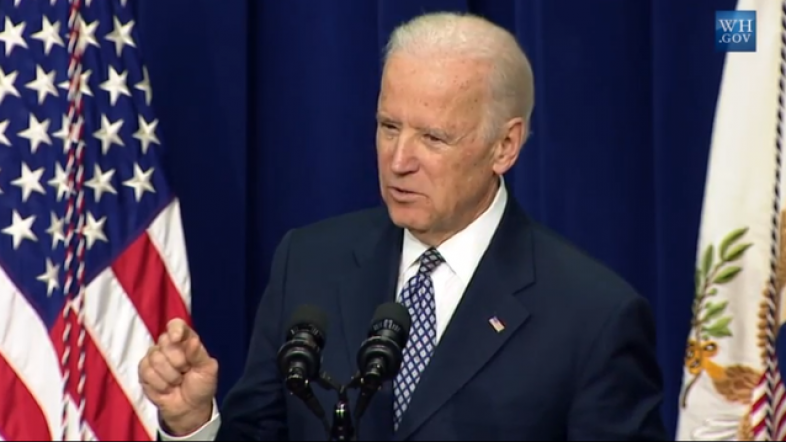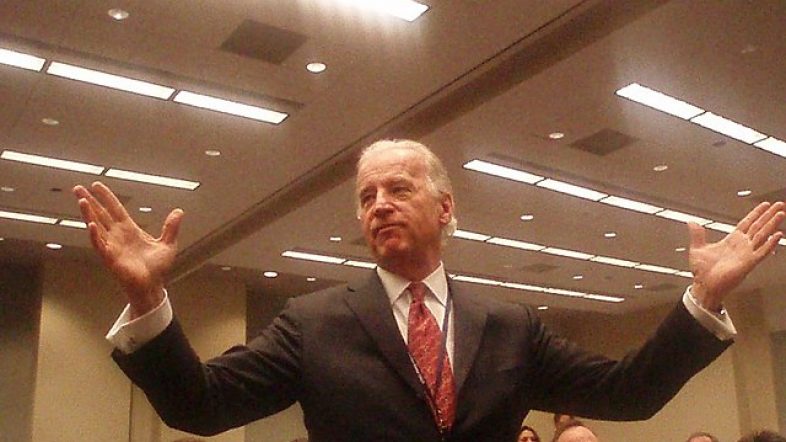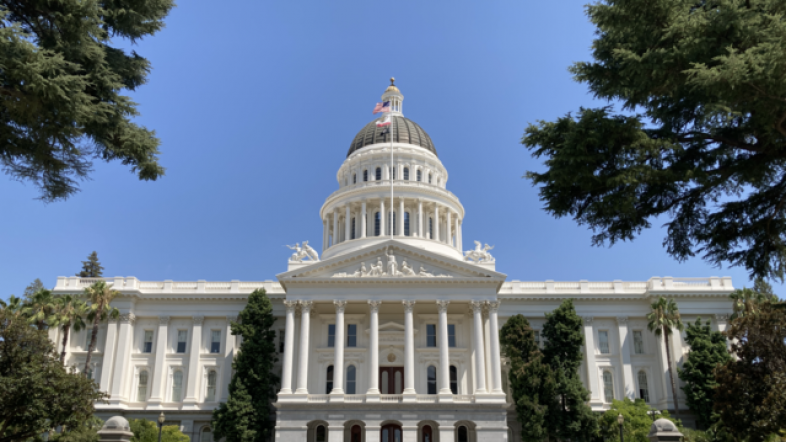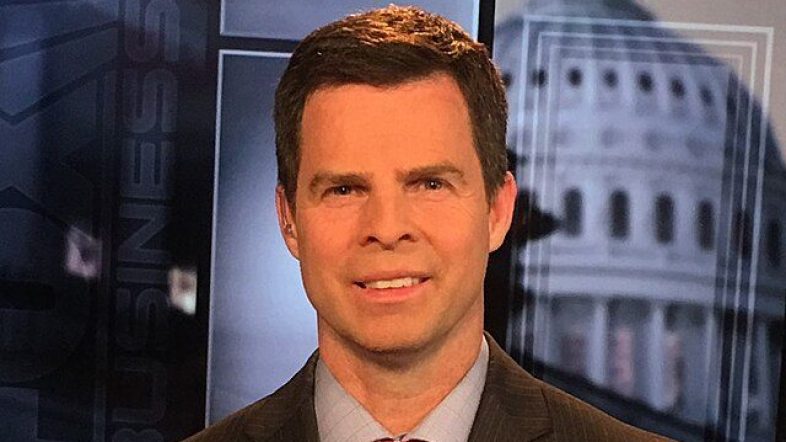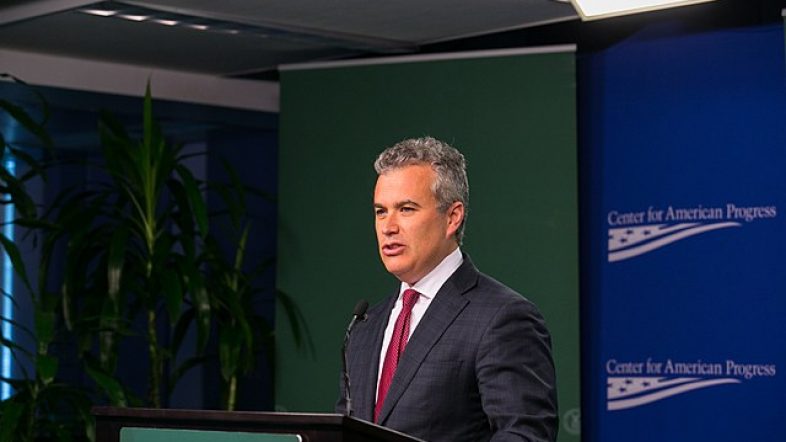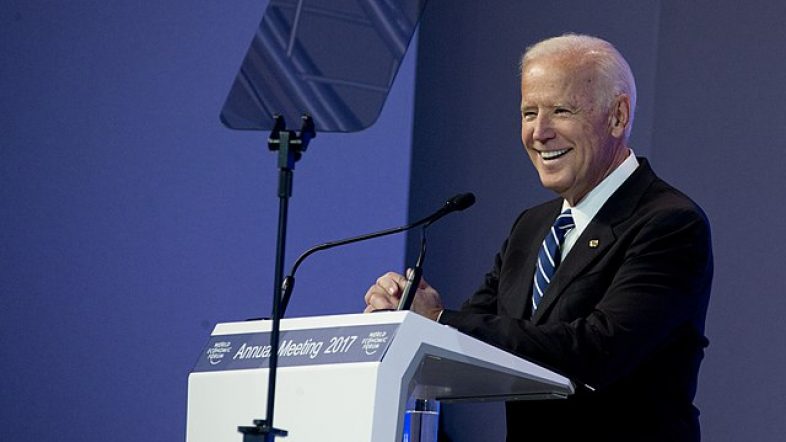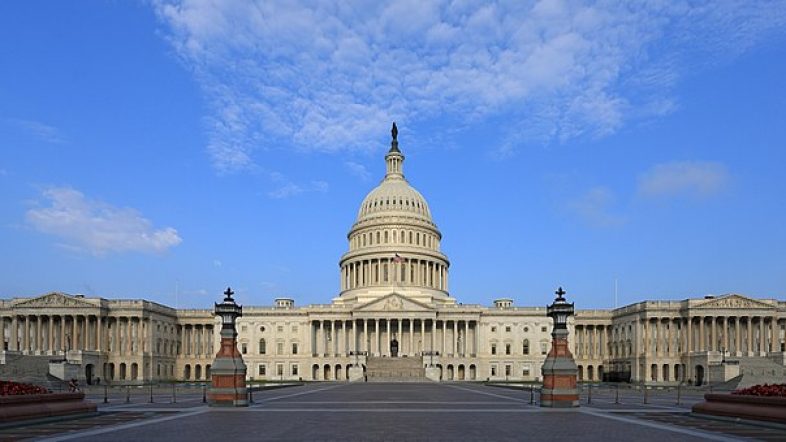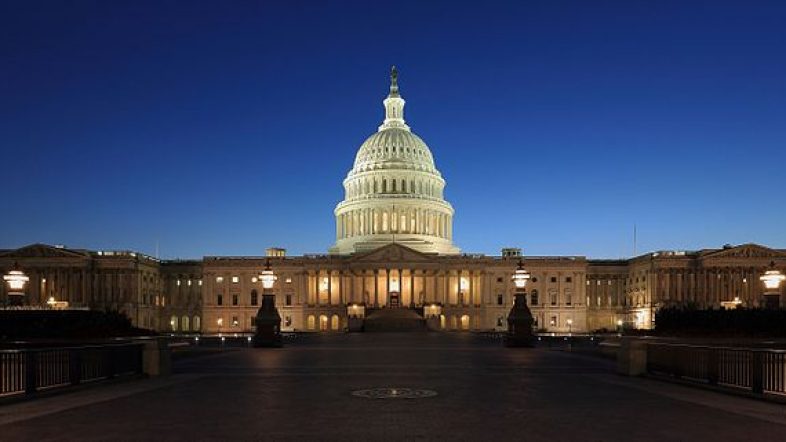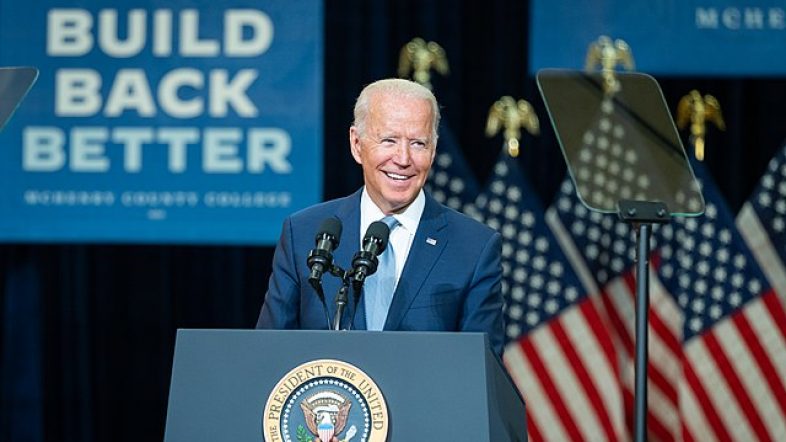I am weary of hearing the trope that we need more illegal aliens because “Americans won’t work those jobs.” My bet is that most Americans share this sentiment as well.
Amidst a myriad of concerns about illegal immigration, one prominent worry among Americans is the potential adverse effects on the U.S. workforce. There is apprehension that undocumented migrants could potentially displace native-born workers, leading to job loss and further exacerbating the nation’s tax burden. The media and the left love to dismiss such considerations as fearful, xenophobic, and bigoted, arguing instead that alien workers fill a vital gap in the American workforce. But these concerns, nevertheless, are valid.
To argue that the American people refuse to work jobs that must alternatively be filled by undocumented workers is nothing less than a slanderous attack against the natives of this country. Americans will work these jobs… when the pay rates go to market rates and are not depressed by illegal-alien rates.
In 2016, the year that President Donald Trump took office, the Heritage Foundation published a study showing that, “other than [a] small number of scientifically educated immigrants, immigration produces little or no overall economic gain for non-immigrants but may cause a substantial shift in income from workers to business and capital owners. Also, immigrants overall produce a fiscal deficit due to the very large inflow of legal and illegal immigrants with low education levels in recent decades.”
The argument, according to Heritage, contends that “a disproportionate inflow of immigrant laborers at a particular education or skill level will reduce the wage of workers in that group relative to others. For example, adult immigrants are almost four times as likely as non-immigrants to lack a high school diploma. This will result in persistently lower relative wages for less skilled workers, whether immigrant or not.”
Put differently, the issue isn’t that Americans are unwilling to take on these jobs; rather, it’s that employers prefer to hire undocumented immigrants who are willing to accept lower wages. While this might not pose a significant problem with minimal illegal immigration (as there wouldn’t be a substantial migrant population to impact the job market), the situation changes drastically when millions of undocumented individuals enter the country unlawfully within a few short years.
Repeatedly, businesses and policymakers have forsaken their responsibilities to the American populace and the principles of “America first” by favoring easy profits or lax immigration policies. Between actions such as offshoring factories, saturating the market with inexpensive labor, and subsidizing Americans’ failure to work through overly generous welfare programs, American society appears to favor foreigners over its own citizens, contradicting the government’s primary allegiance to “We the People.”
Of course, I am aware that many lawful immigrants represent some of the most industrious and liberty-embracing members of our society. These individuals, genuine patriots who hold a deep love for this nation, are more than welcome to participate in the American dream — legally. But America is a nation, not a charity. And it is neither cruel nor heartless to suggest that the United States’ foremost obligation must be, by definition, to the hard-working people within its own borders.
America’s purpose is not to advance the general welfare of the “world community” or even its neighboring nations. While America can and should serve as a shining city on a hill, its primary and most crucial task is to prioritize the well-being of its own citizens.
Therefore, we must rework our immigration system to the benefit of the American people, enabling wage rates to revert to market values untouched by foreign workers. Will this, for a time, make products more expensive? Yep. Unfortunately. But we will reach equilibrium if we allow it.
And we must allow it. This is just basic economics. We need to quit subsidizing the failure to work, stop allowing illegals to take our jobs, and let the market adjust.
In the end, we must ask ourselves if rescuing the American workforce from the degrading effects of an unmitigated immigration crisis is worth it. For my part, I believe I speak for millions of Americans when I answer: unequivocally, yes.


